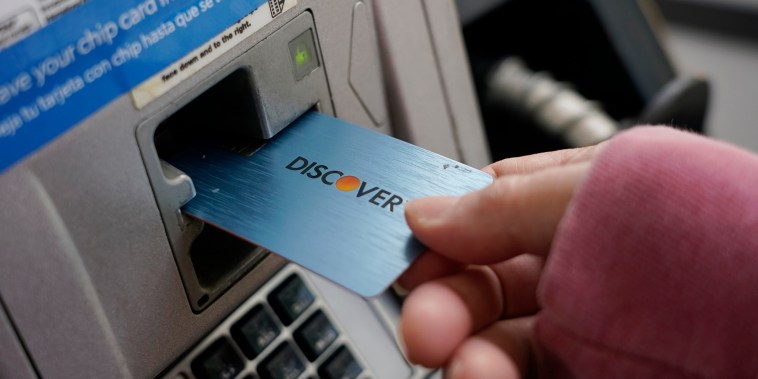In a bid to capitalize on market opportunities and streamline operations, the proposed merger of Capital One and Discover has sent shockwaves through the financial sector. As analysts scramble to assess the potential impact of this mega-merger on credit card users, concerns have been raised about the ramifications for consumers and competition alike.
With Capital One and Discover being two of the largest credit card issuers in the United States, a merger of these titans could lead to a consolidation of power that might leave consumers with fewer choices and less competitive pricing. Experts warn that a reduced number of major players in the credit card industry could result in less innovation, fewer rewards programs, and higher interest rates for customers.
Moreover, the merger could also have implications for data privacy and security. As two major financial institutions combine their customer databases and systems, there are valid concerns about potential data breaches and the misuse of personal information. In an age where cyber threats are becoming increasingly sophisticated, the merger could expose millions of customers to greater risks of identity theft and fraud.
From a regulatory standpoint, the Capital One-Discover merger is likely to attract scrutiny from antitrust authorities. With the potential to create a dominant player in the credit card market, regulators will need to assess whether the merger would stifle competition and harm consumers. Any merger of this scale would undoubtedly trigger a thorough investigation, with regulators keen to ensure that the interests of consumers are safeguarded.
Amidst these concerns, there are also potential benefits that could arise from the merger. A combined Capital One-Discover entity could leverage its scale and resources to introduce innovative products and services that cater to the evolving needs of consumers. By pooling their expertise and technology, the merged company could enhance its customer experience, streamline operations, and drive efficiencies that could translate into cost savings for customers.
While the full implications of the Capital One-Discover merger remain uncertain, one thing is clear – credit card users are likely to face a period of uncertainty and change. As experts sound the alarm about the potential squeeze on consumers, it is essential for regulators, industry stakeholders, and customers themselves to closely monitor the developments and ensure that the merger, if approved, delivers benefits that outweigh the risks. In an increasingly competitive and complex financial landscape, the implications of this merger extend far beyond the balance sheets of Capital One and Discover, touching the lives and livelihoods of millions of credit card users across the country.



























